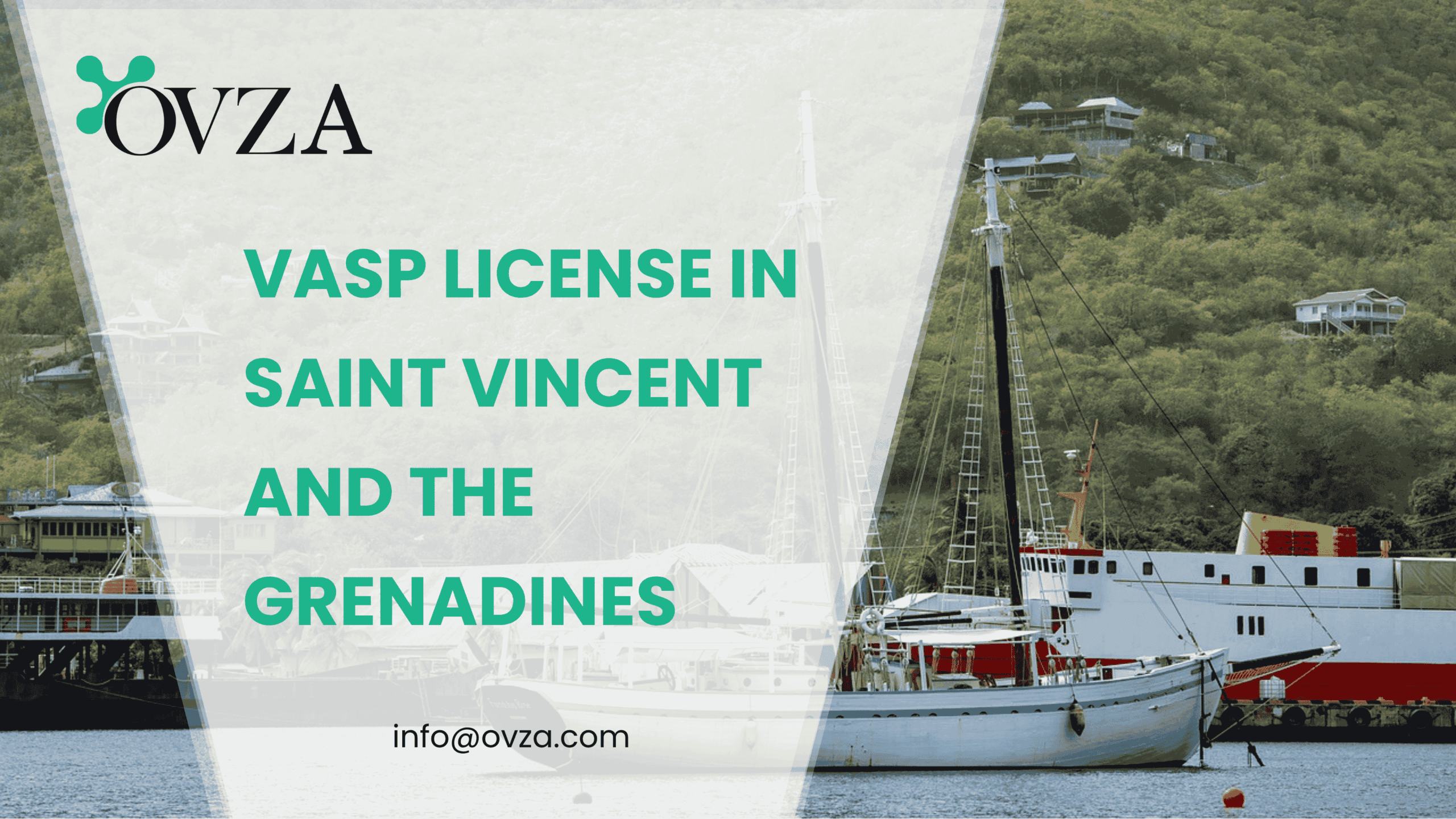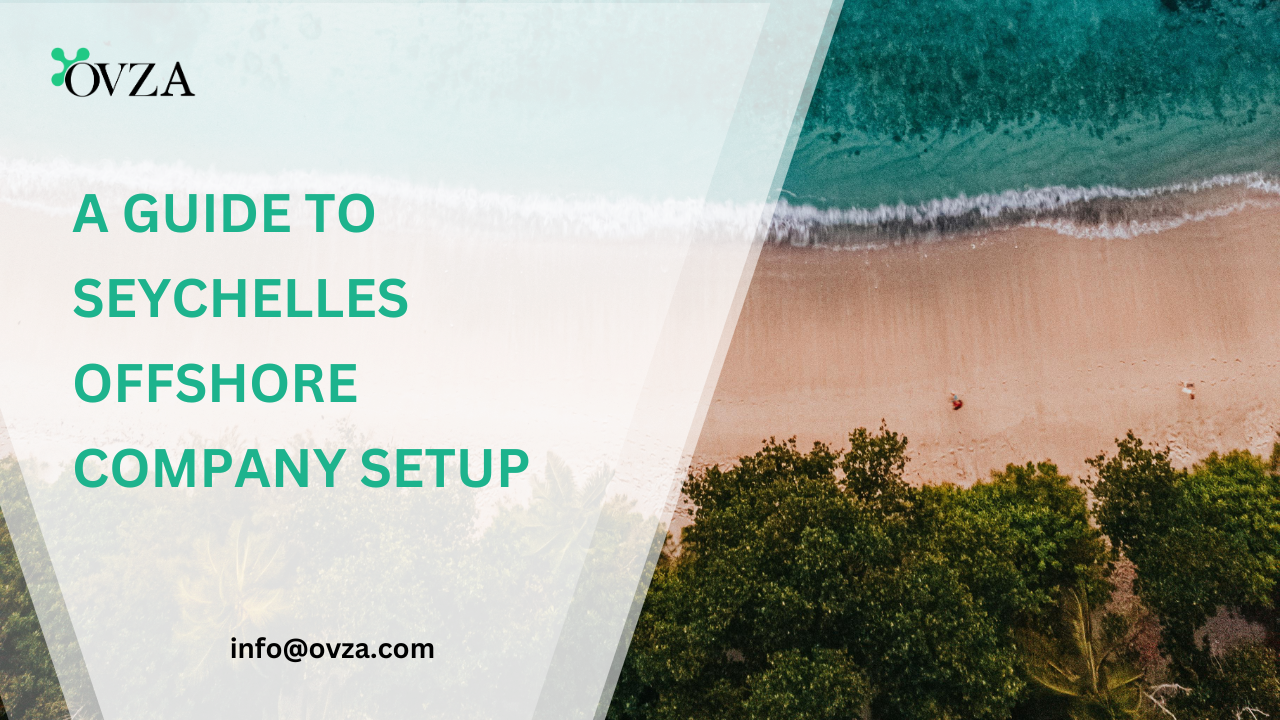The Cayman Islands LLC – legally defined as the Exempted Company under the Cayman Islands Companies Act (2023 Revision) – is one of the world’s most frequently used offshore structures. It offers a unique balance of tax neutrality, confidentiality, and compliance with international financial standards. While many clients and practitioners refer to the structure as a Cayman LLC, its true statutory name is “Exempted Company,” which reflects its purpose: conducting business activities primarily outside the Cayman Islands.
The legal framework surrounding the Cayman Islands LLC has developed over decades of case law, statutory refinement, and international recognition. This makes it a cornerstone of offshore corporate law, frequently chosen for investment funds, holding structures, and wealth management planning.
Cayman Islands Law for Offshore Companies
The foundation of the Cayman Islands LLC is the Cayman Islands Companies Act. This statute provides the legal architecture for company formation, governance, and dissolution, with specific provisions applying to Exempted Companies.
A Cayman LLC may only operate outside the Islands, and it is restricted from engaging in local trade unless licensed under the Trade and Business Licensing Act. This restriction reflects its true offshore character.
One of the most important legal features is the tax exemption undertaking available to every Exempted Company. Upon application, the Cayman government issues a certificate guaranteeing that no future legislation will impose direct taxation on the company for a period of up to 20 years. For a Cayman Islands LLC, this provides long-term certainty and stability, making it attractive for private equity funds, trusts, and family offices.
The Companies Act also simplifies requirements compared to domestic companies. A Cayman LLC does not need to hold annual general meetings in Cayman, may maintain its register of members abroad, and may appoint directors of any nationality without residency restrictions. This legal flexibility has contributed to Cayman’s dominance in offshore financial services.
Another distinguishing feature under Cayman law is the absence of minimum capital requirements. Unlike many onshore jurisdictions, there is no requirement for a Cayman Islands LLC to maintain paid-up share capital. This flexibility allows the company to issue shares or interests in accordance with contractual arrangements, a crucial feature for fund structuring.
Corporate Governance in a Cayman Islands LLC
The governance of a Cayman Islands LLC is regulated by the Companies Act and supplemented by common law fiduciary principles. A Cayman LLC must have at least one director, but there is no residency requirement and no restriction on nationality. This flexibility allows global investors to structure boards according to their commercial needs, while still benefiting from Cayman’s stable legal system.
Directors of a Cayman Islands LLC owe fiduciary duties to the company, including duties of loyalty, good faith, and care. Cayman courts have consistently applied English common law principles to ensure that directors act in the best interests of the company as a whole. While the jurisdiction is known for being business-friendly, the Cayman judiciary enforces these standards strictly in cases of misconduct.
Shareholders in a Cayman LLC also enjoy a high degree of contractual freedom. The Articles of Association can create multiple share classes, define voting rights, and regulate profit distributions with considerable flexibility. This legal framework has made the Cayman Islands LLC particularly attractive to private equity and hedge funds, where complex investor arrangements are the norm.
Reporting and Compliance Obligations
Although the Cayman Islands LLC is designed as a light-touch offshore structure, it is not entirely free from compliance duties. Each Cayman LLC must file an annual return with the Registrar, confirming that it has not conducted business within the Cayman Islands. In addition, companies are required to maintain proper books of account, which may be kept anywhere in the world.
In line with international standards, the Cayman Islands has implemented legislation on beneficial ownership registers. Every Cayman Islands LLC must maintain a register of beneficial owners, accessible to local competent authorities but not to the public. This preserves confidentiality for investors while ensuring compliance with global anti-money laundering (AML) and counter-terrorism financing (CTF) frameworks.
The Cayman Islands has also adopted the OECD’s Common Reporting Standard (CRS) and complies with FATCA in relation to U.S. persons. A Cayman LLC that qualifies as a financial institution must register with the Cayman Tax Information Authority and submit annual reports. While these obligations add a regulatory layer, they also enhance the credibility of the Cayman Islands LLC in the eyes of banks and international partners.
International Recognition and Stability
A decisive factor behind the popularity of the Cayman Islands LLC is its reputation for legal certainty and political stability. As a British Overseas Territory, Cayman benefits from a judicial system rooted in English common law, with appeals ultimately heard by the Judicial Committee of the Privy Council in London. This connection reassures investors that disputes involving a Cayman LLC will be resolved under a respected and impartial legal framework.
The Cayman Islands government has also demonstrated a consistent commitment to maintaining the jurisdiction’s standing as a cooperative and compliant offshore financial center. By aligning with FATF, OECD, and EU requirements, the Cayman Islands has preserved its credibility while still offering the flexibility and tax neutrality that make the Cayman LLC an indispensable offshore tool.
Steps to Register an Offshore Company in the Cayman Islands
Setting up a Cayman Islands LLC through OVZA is a straightforward process that ensures compliance with Cayman law while saving you valuable time. Our firm directly prepares and files the necessary legal documents, including the Memorandum and Articles of Association, and arranges all KYC compliance. Below is the step-by-step process for registering your offshore company in the Cayman Islands:
- Choose the Company Name
The first step is selecting and reserving a unique name for your Cayman LLC. The name must not conflict with existing companies on the Cayman register and usually must end with “Limited” or “Ltd.” - Provide Notarized KYC Documents
To comply with Cayman’s anti-money laundering framework, every director, shareholder, and beneficial owner must provide proof of identity and proof of residential address. OVZA makes this process seamless by arranging online notarization for you, at a cost of USD 250 for both documents. This ensures your Cayman Islands LLC meets compliance requirements without the need for in-person appointments. - Drafting the Memorandum and Articles of Association
Once KYC documents are complete, OVZA drafts the Memorandum and Articles of Association for your company. These documents set out the legal structure of the Cayman LLC, including its purpose, governance rules, and share capital arrangements. - Appoint Directors and Shareholders
You may appoint at least one director and one shareholder, who can be individuals or corporate entities of any nationality. There are no residency requirements for a Cayman Islands LLC, which adds flexibility to the structure. - Filing with the Registrar of Companies
OVZA submits the constitutional documents and government forms directly to the Registrar of Companies, along with the prescribed filing fee. Incorporation of a Cayman LLC is typically completed within 3–5 business days. - Obtain the Tax Exemption Certificate
Following incorporation, OVZA can apply on your behalf for the official undertaking that guarantees your Cayman Islands LLC will remain free from any Cayman taxation for up to 20 years. - Bank Account Opening
With the company established, the final step is opening a corporate bank account. As Cayman is a premier offshore financial center, Cayman LLCs enjoy a strong reputation with international banks and investment institutions. OVZA works with trusted banking partners to complete this step smoothly.
Conclusion
The Cayman Islands LLC is a leading offshore structure combining tax neutrality, corporate flexibility, and international credibility. Established under the Cayman Islands Companies Act and supported by English common law, the Cayman LLC offers privacy, stability, and investor protection unmatched by many other jurisdictions.
Its reputation makes the Cayman Islands LLC the preferred choice for investment funds, holding companies, asset protection, and cross-border business. With a strong balance of confidentiality and compliance, the Cayman LLC continues to stand as one of the most trusted offshore vehicles in the global financial system.
Disclaimer: The information provided on this website is intended for general reference and educational purposes only. While OVZA makes every effort to ensure accuracy and timeliness, the content should not be considered legal, financial, or tax advice.












